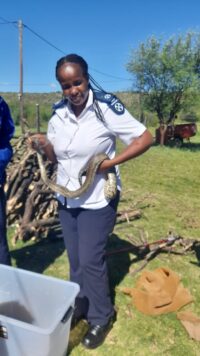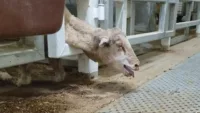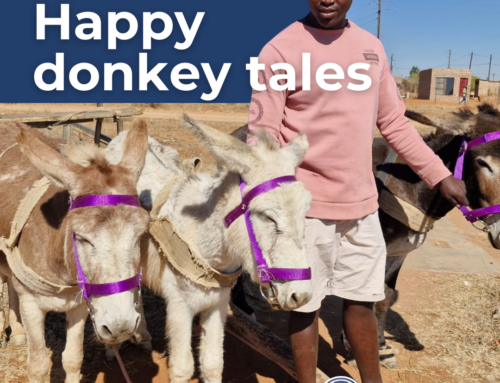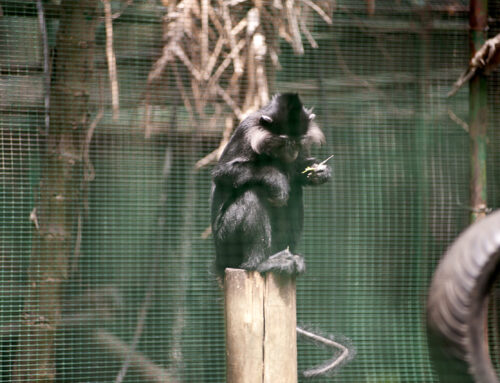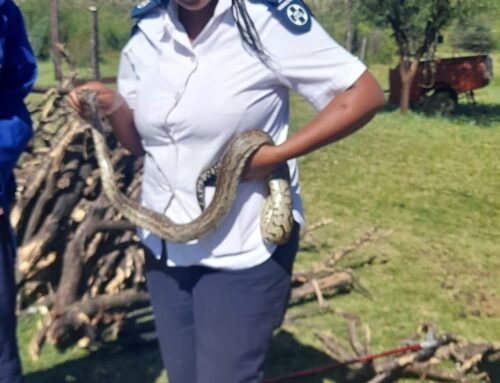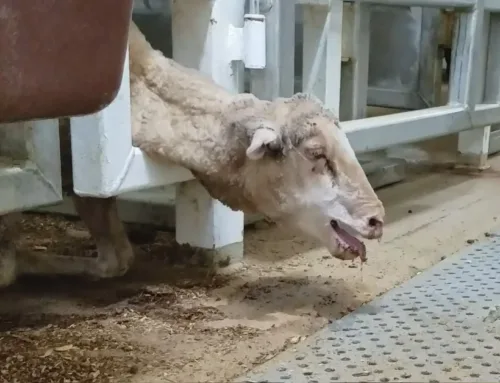The Minister of Forestry, Fisheries and the Environment has released the Ministerial Task Team Report: To identify and recommend voluntary exit options and pathways for the captive lion industry. The NSPCA commends the Task Team on compiling a well-considered report.
Whilst the NSPCA is encouraged by the recent policy developments, and the release of the report that represents another step in the efforts to close the captive breeding of lion for commercial purposes, including hunting, petting, live export and trade in bones and derivatives; we cannot help but feel a deep sense of frustration.
Not only are NSPCA inspectors continuing to experience very poor welfare standards, cruel practices and high level of non-compliance at captive predator facilities but have been actively opposing the captive breeding of lion and associated practices since the industry reared its ugly head in the early 2000s. Cruelty cases have been successfully prosecuted and further are pending.
As early as 2005, NSPCA CEO, Marcelle Meredith, was part of a government panel that produced the Panel of Experts Report on Recreational Hunting. In 2009, the NSPCA commissioned a report on the status and hunting of the captive lion by an independent researcher. At this stage there were less than 2500 lion in captivity – there are now close to 8000 lions in captivity in more than 340 facilities. Had the government acted early, the cruelty and suffering could have been prevented and the considerable expenditure of resources and possible legal challenges could have been avoided.
In 2018, the NSPCA participated in the Parliamentary Colloquium on the Captive Breeding for Hunting in South Africa: harming or promoting the conservation of image of the country, the outcome of which called for the closure of the captive lion breeding industry. In the same year, the NSPCA won a precedent setting judgement against the Minister of Environmental Affairs on the lion bone quota – and the cruelty involved in the brutal and unregulated slaughter of lion for bone production. The judgement which declared the quota unlawful and unconstitutional, and that it was inconceivable that the Minister did not consider the welfare in setting quotas. This precedent setting judgement contributed in large part to the recent inclusion of the need for animal wellbeing to be considered in the NEMLA amendment and current policy developments and direction.
As we type, there are welfare inspectors on the ground around the country, inspecting these facilities. A monster has been created; the longer the continues, the more challenging and resource demanding it will be to stop the cruelty and exploitation. The NSPCA is further concerned about the growing problem of tigers and other predators, exotic and indigenous, that are increasingly being held at these breeding facilities with equally poor welfare standards and conservation risks.
Donate to the NSPCA
If you are as passionate about animals and their well-being as we are, consider supporting our causes by donating here.


